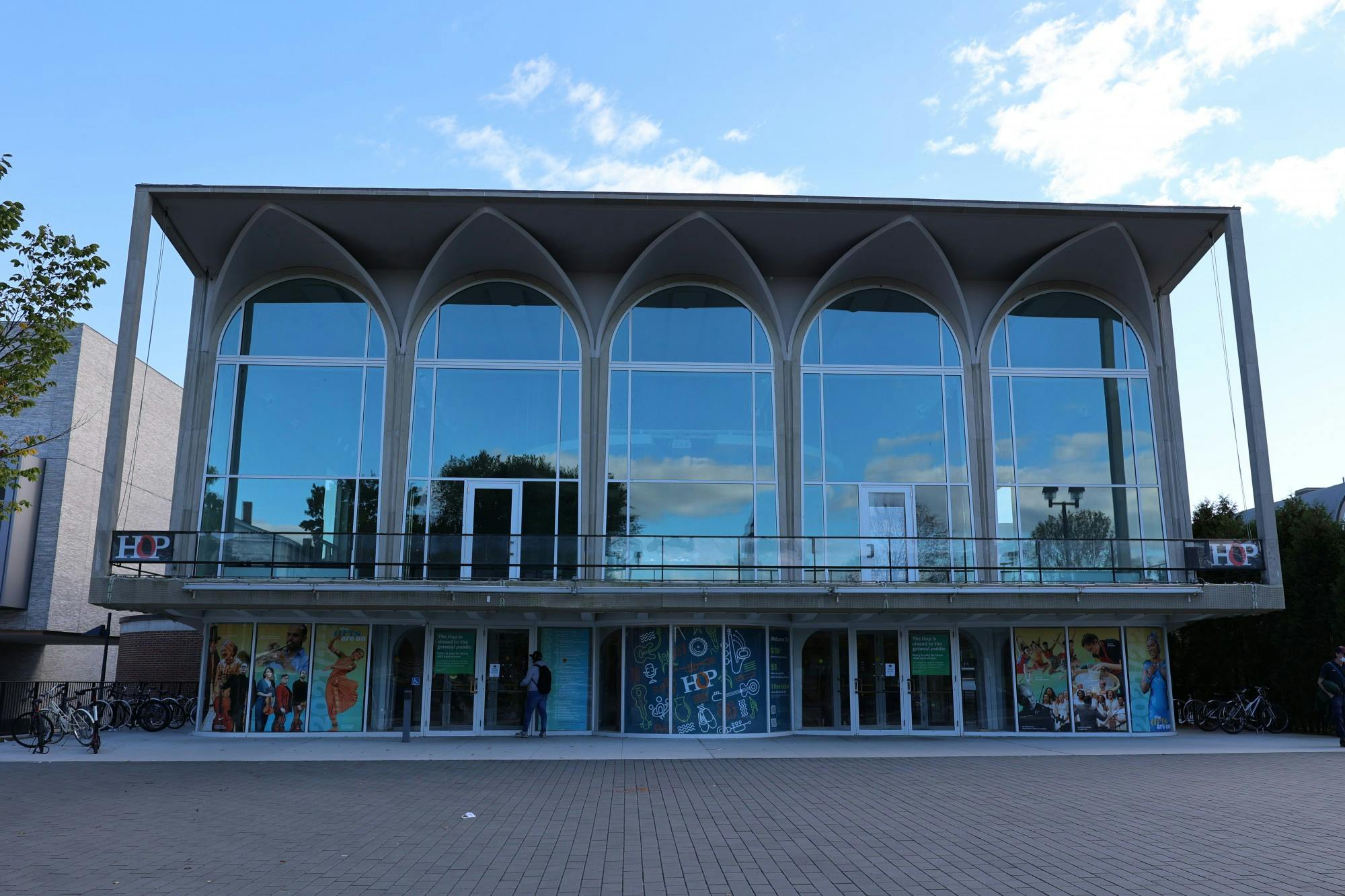The Black Underground Theatre Association returns to campus for the first time following the pandemic with the “Poetic Healing Showcase,” a student-run production that according to the organization’s website will highlight Black poetry, prose and creativity. Featuring student and alumni artists, audience members will witness a collection of singers, poets and dancers with no admission fee required.
Taking place on Oct. 9, the Showcase will feature seven performers exploring their experiences of being Black at Dartmouth before inviting crowd participation with an open microphone at the end of the show, in which audience members will be invited to join in on the performance through their questions.
Chara Lyons ’23, one of three student producers, spoke about the process of naming the showcase, explaining that while the production is not limited to poets, poetry is an important outlet to express the importance of healing and collective community power — a message that BUTA hopes to impart onto the audience, she added.
“Poetry in general has a way of moving people and telling our stories,” Lyons said. “The reason why I feel that spoken word poetry is for me is that you can yell it in the audience, and it’s okay, because what you have to say isn’t meant to be whispered; it’s meant to be yelled and meant to be screamed to the rooftops.”
Lyons said she hopes the audience will develop a greater understanding of an underrepresented people’s struggles through first-hand interaction with a variety of art mediums, including poetry, singing and dancing, emphasizing BUTA’s goal of amplifying Black voices on a predominantly white campus.
“I really want people to see the beauty of diverse voices and diverse powers, that Dartmouth isn’t monolithic and Black people aren’t monolithic and that our stories transcend the generational trauma that we face as a people across the diaspora,” said Lyons. “I feel like we’re hidden a lot, and what I really want people to take away from this performance is the beauty, passion and power in what we can create as Black artists.”
With some COVID-19 restrictions still in place, this year’s performance will differ somewhat from previous years. According to Mikala Uter ’23, the indoor mask requirement, in obscuring facial expressions from view, may limit performers’ ability to express their art. However, Uter remains confident that the performance’s messages will come through clearly regardless of the restrictions.
“I know it will be a beautiful showcase nevertheless, and it gives you [the audience] the ability to grow with your voice and your movements,” Uter said. “But beyond [obscuring performers’ facial expressions], I don’t think COVID restrictions are imposing any kind of inconvenience on us — I think it’s great that we want to keep everyone safe and healthy.”
Uter noted that while this would be her first time working in the Moore Theater, it is not BUTA’s first time working with the theater department. Theater professor Jamie Horton emphasized the importance of student involvement with minimal faculty direction.
“They’ve done a showcase for a number of years now, and it’s been very well-attended,” said Horton. “[BUTA] have expanded the notion of what the Black Underground Theater Association is now, because they’ve included a much broader range of the arts, bringing design and a wider variety of materials into their performances.”
Uter hopes BUTA will continue to grow and be a space for Black creatives to showcase their work, noting that performances like these are ways in which minorities on campus can come together to heal and grow.
“No matter what, art has been a facilitator and a tool used to enact social justice,” said Uter. “I’d hope that as BUTA continues to solidify its presence on Dartmouth’s campus and grow within our community, that we continue to stay focused on that, and that we stay more diligent and proactive to enact that change.”
Lyons stressed the role that she and the current members of BUTA play in paving the way forward for both BUTA and future Black students at Dartmouth.
“I hope that students in the future can see that we cared about them, that there were ways in which we were able to curate our Black joy in a place where we’re minorities and experience racial trauma from being at a predominately white institution,” said Lyons. “That there were ways we could curate our Black joy, that we were doing great and we were making it, and getting our degrees and that we were having a great time. I think that’s really what it’s about — that I’m actually having fun doing it.”
Correction appended (4:48 p.m., Oct. 8, 2021): A previous version of this article incorrectly introduced BUTA as the "Black Theater Underground Association." The article has been amended to include the correct name of the organization: the "Black Underground Theatre Association."
Correction appended (1:45 a.m., Oct. 14, 2021): A previous version of this article incorrectly attributed several quotes to an unrelated person. The quotes have been removed.




